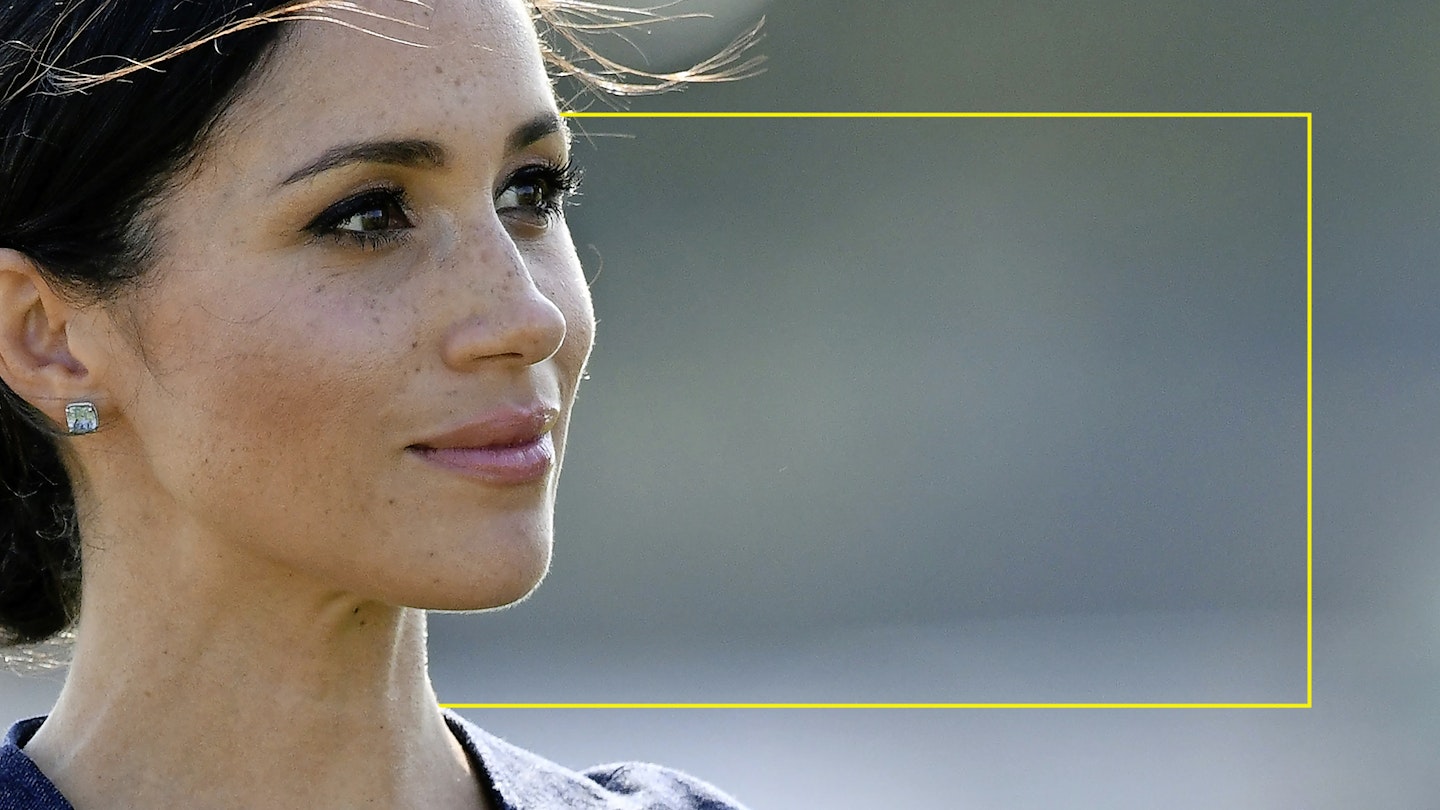This week, Buckingham Palace shocked the world when its HR team said they will 'look into the circumstances' around bullying claims made against the Duchess of Sussex Meghan Markle. They put out an official royal communication detailing their ‘concern’ at allegations regarding Meghan’s treatment of her staff, made in The Times.
Serendipitous timing of these reports aside, just days before the Duke and Duchess’ hotly anticipated interview with Oprah, any royal watcher worth their salt knows just how unusual and unprecedented it is for the Royal Press Office to comment on anonymous claims in this manner. One has to question why they saw it fit to make such an exception in relation to Meghan, especially considering no such statement was made about an investigation into Prince Andrew’s arguably more serious alleged involvement with convicted pedophile Jeffrey Epstein.
Whilst the circumstances surrounding these allegations are extraordinary, this sort of situation will no doubt be familiar to women of colour around the world who are often vilified as bullies in a bid to silence them. Studies have shown that Black women in particular are often labelled as aggressive and ill tempered ‘without provocation’.
In pursuing a narrative of an aggressive and demanding boss with a history of humiliating her employees, Meghan’s critics are tapping into a well-established and sure-fire way of tearing down powerful women of colour. The same tactics have been used to diminish the likes of Serena Williams and Michelle Obama and to curtail the careers of countless other non-white women who are accused of not being ‘team players’ at work or having a ‘stand-offish’ personality.
By calling Meghan a bully, her detractors are exploiting the well known ‘angry black woman’ trope which, rooted in centuries of slavery, is a social control mechanism that is employed to punish black women who dare to disobey societal norms that encourage them to be passive, nonthreatening, and unseen. In Meghan’s case the image of her as a ‘bully’ was enhanced by the portrayal of Kate Middleton as a victim, with a number of tabloids reporting that she reduced the Duchess of Cambridge to ‘tears’ with her strict demands for princess Charlotte’s bridesmaid dress’, a story which neatly made use of our collective image of white women as passive beings in need of protection.
When used in relation to a woman of colour, the term ‘bully’ is so often code for having ideas ‘above one’s station’, refusing to be defined by the narrow box that society attempts to put us in. This idea has played out numerous times in relation to Meghan Markle, with pundits even describing her as ‘uppity’ a term historically used by Americans in the deep south to refer to Black people ‘who didn’t know their place’.
When Meghan joined the royal family in May 2018, my overwhelming feeling was one of dread. As a woman of colour myself I couldn’t help but feel protective of her, a foreigner and a non-white one to boot joining one of the most powerful institutions in the world, how would she cope?
By calling Meghan a bully, her detractors are exploiting the well known ‘angry black woman’ trope
As the new Duchess began to make her mark on royal life, releasing a hugely successful charity cookbook with victims of the Grenfell fire, starting the fastest growing Instagram account in history, and solidifying the Sussex Royal brand I allowed myself to feel a cautious optimism.
It’s a long-established fact that ambitious women of colour are automatically branded bullies and labelled aggressive by institutions that perceive them as a threat, but in her early days as a royal, I began to think that perhaps Meghan might be the exception to that rule. As an established actress and philanthropist with a successful career long before she met Prince Harry, I thought Meghan might be the one to change the status quo, to convey to the world that women of colour are more than capable of being great and assertive leaders whilst maintaining respect for those they work with.
How wrong I was. Just months into her new position, Meghan was already being branded ‘Duchess Difficult’ by a British media who made it their mission to undermine her at every step. Over the next two years Meghan faced a slew of rumours from being ‘dictatorial’ with nannies to even being blamed for pressuring prince Harry into stepping down as a working royal, all with the intention of caricaturing her as a bully yet lacking any concrete evidence at all.
At it’s heart, the historic and most recent assassinations of Meghan’s character are a result of a much larger societal problem, not just with Meghan but with all successful women of colour. People don’t believe that we should ever exist outside the stereotypical confines created for us: the supporting character in a rom com, ever unlucky in love; the sassy sidekick who provides light relief, but never the main character. The Duchess of Sussex has quite literally shattered these ideas, living out the archetypal fairytale happy ending and actually marrying a prince, and in doing so she’s clearly ruffled a few feathers.
Calling Meghan Markle a bully is a calculated yet ridiculously predictable attempt to reclaim the space so many feel she is wrongly occupying.
